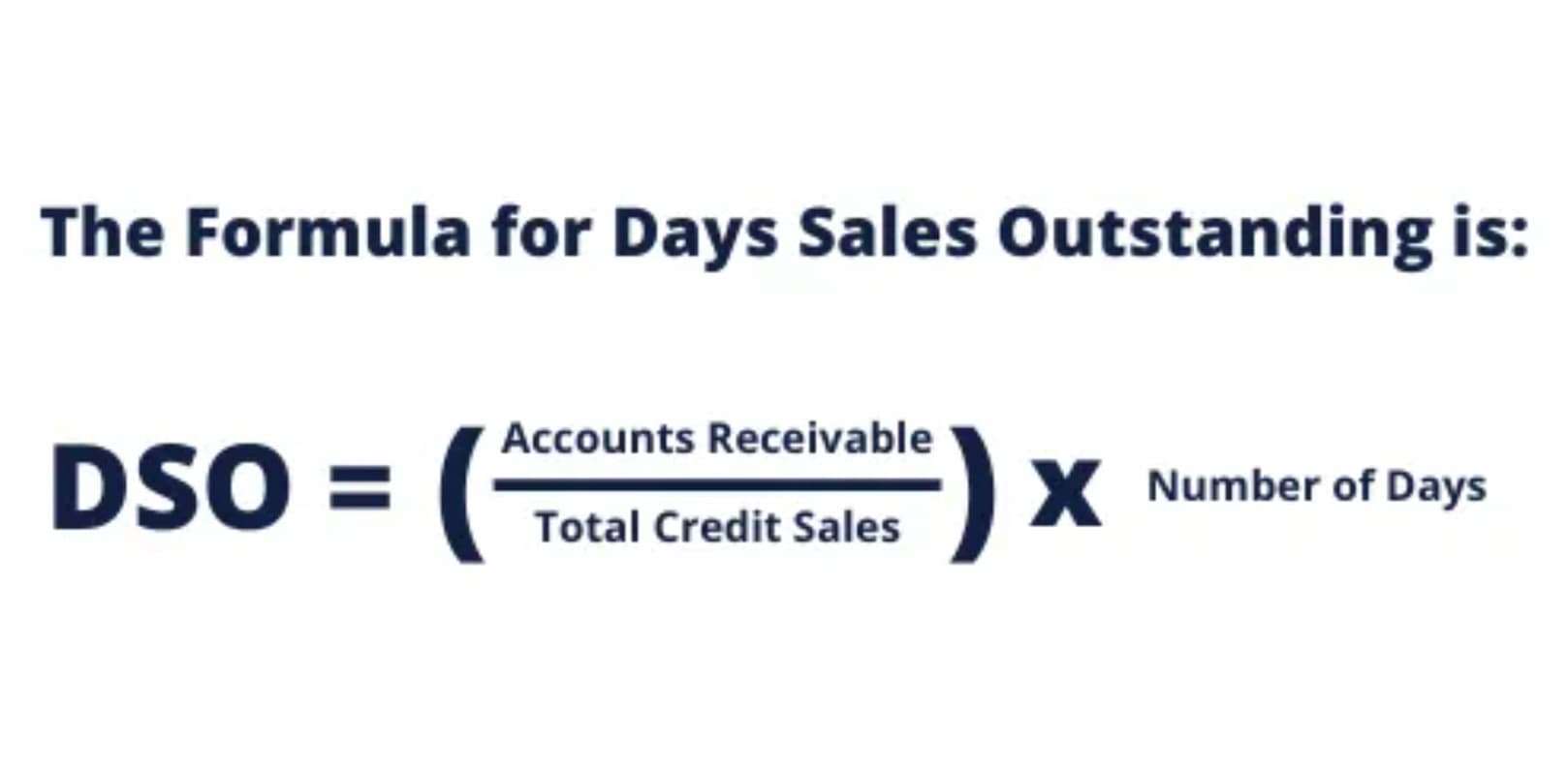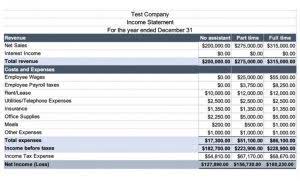Need Full Charge Bookkeeping? Expert Services for Accuracy

Use of our products and services is governed by our Terms of Use what is a full charge bookkeeper and Privacy Policy. While these financial professionals often work together, their roles, qualifications, and costs are different. Understanding these differences is essential for making the right choice for your business. Someone who understands your industry can offer more relevant advice and spot potential issues early.
- You’ve moved past the messy spreadsheets and late-night DIY bookkeeping sessions.
- With full charge bookkeeping services, your bookkeeper can prepare custom reports focused on what matters most to you, like project-specific profitability or department-wise expense tracking.
- Whether you need daily transaction support from a bookkeeper or strategic advice from an accountant, having the right help can make a significant difference.
- The controller ensures that the company’s accounting systems and processes comply with generally accepted accounting principles, help reduce risk and manage cash.
- It offers deeper oversight and is ideal for businesses needing more than just data entry, but full financial stewardship.
© AccountsBalance, 2025. All rights reserved. An EcomBalance Company.
- For example, a candidate should be able to read a chart of accounts, interpret and apply generally accepted accounting principles (GAAP), and perform double-entry bookkeeping.
- They might have control over how they handle their processes, but their role involves carrying out specific tasks.
- If you want to use timesheets for your firm or already do, your full-charge bookkeeper can also process payroll approvals.
- Among various bookkeeping methods, one that has gained significant traction in recent years is full charge bookkeeping.
- This role combines the duties of a bookkeeper and accountant and manages end-to-end outsourced financial services, typically for small- to medium-sized businesses.
- They are usually involved in more complex financial planning, including tax planning and business analysis.
- Bookkeeping generally refers to the process of recording daily financial transactions, such as sales, purchases, receipts, and payments.
As a QuickBooks ProAdvisor result, assigning routine bookkeeping tasks to an accountant could leave you overpaying for financial services. If you’re looking for somebody to manage your daily financial affairs, then a bookkeeper would put you on the right track. They’re the best when it comes to keeping organized sets of records, reconciling accounts, and handling your payroll.
Insights to Grow Your Business

A Certified Public Accountant (CPA) has, among other requirements, taken and passed the Uniform CPA Examination given by the American Institute of Certified Public Accountants. However, it is common for CPAs to serve businesses as external independent consultants, supporting with financial audit services and preparing and filing business taxes. Having an in-house bookkeeper means they’re always there for your company’s needs. They handle daily financial tasks, offer a personalized approach, and understand your financial situation deeply. This choice gives you direct control over bookkeeping and leads to a more customized service.
Providing Financial Services To

Hopefully we’ve given you a better grasp of these differences and nuances between bookkeeping roles and even between bookkeepers vs accountants. With this knowledge and the other advice we’ve given, you’re more ready to make that hire. Some might consider this position as a sweet spot between regular bookkeepers and accountants.
Primary responsibilities of an accountant

Professional bookkeepers will document daily transactions, track your business’s financial records and financial information and keep everything organized. Basic bookkeeping handles day-to-day tasks like recording transactions and managing invoices. Full-charge bookkeeping goes further, managing the entire accounting cycle, including payroll, financial statements, and liaising with CPAs. It offers deeper oversight and is ideal for businesses needing more than just data entry, but full financial stewardship. A full-charge bookkeeper manages financial reporting and analysis by preparing profit and loss statements, balance sheets, and cash flow reports. Moreover, regular reporting helps stakeholders understand financial health, track performance, and make informed decisions.
These distinctions become apparent when we delve into their responsibilities, education, and contribution to strategic decision-making. As conduits of financial information, these adept professionals serve as a bridge between raw data and informed decisions. However, as your business appetites grow and your company scales, you might ask yourself whether this role should be taken to a higher level as well. ” question and explain the job’s duties, responsibilities, educational requirements, and more. We’ll outline the distinctions between bookkeepers and accountants to help you decide which financial professional best fits your needs — and why many businesses benefit from working with both.
Proactive advisors & accountants who understand your challenges.
Bookkeepers are employees who are in charge of the company’s general ledger. They are well-versed in basic accounting principles, and they apply these in their work. Bookkeepers manage the entry of items in the general ledger, assign items into their proper categories, and ensure that the entries are balanced. They also act as auditors by checking the accuracy and veracity of the receipts or vouchers in their possession before entering them into the system.
- Full-charge bookkeepers ensure compliance with financial regulations, tax legal guidelines, and reporting requirements.
- In this article, we will explore the distinctions between these two roles, their respective responsibilities, and how businesses can choose the right fit to meet their unique needs.
- Bookkeepers focus more on daily responsibilities, like recording transactions, while accountants provide overarching financial advice and tax guidance.
- Comparing a bookkeeper vs. accountant helps you understand the roles and decide which one best fits your company’s financial needs.
- With over 15,000 articles in 6 languages, we offer tactical advice, how-tos and best practices to help businesses hire and retain great employees.
Shoeboxed for Bookkeepers:
They can help businesses forecast future financial situations, plan budgets, and advise on tax-related issues. Accountants usually have a more pronounced role in forming business strategies, supporting the organization’s growth and sustainability. Partnering with professional bookkeeping services such as Books and Balances ensures that small businesses can access complete charge bookkeeping expertise.
Want better bookkeeping?
They will perform tax-related and payroll tasks, coordinate tasks with certified public accountants, and prepare information for auditing purposes. Bookkeepers can prepare basic tax returns and handle routine payroll tax filings, but they cannot provide tax advice or represent you unearned revenue before the IRS. For complex business taxes, multiple entity structures, or tax planning strategies, you need a licensed accountant or CPA.
